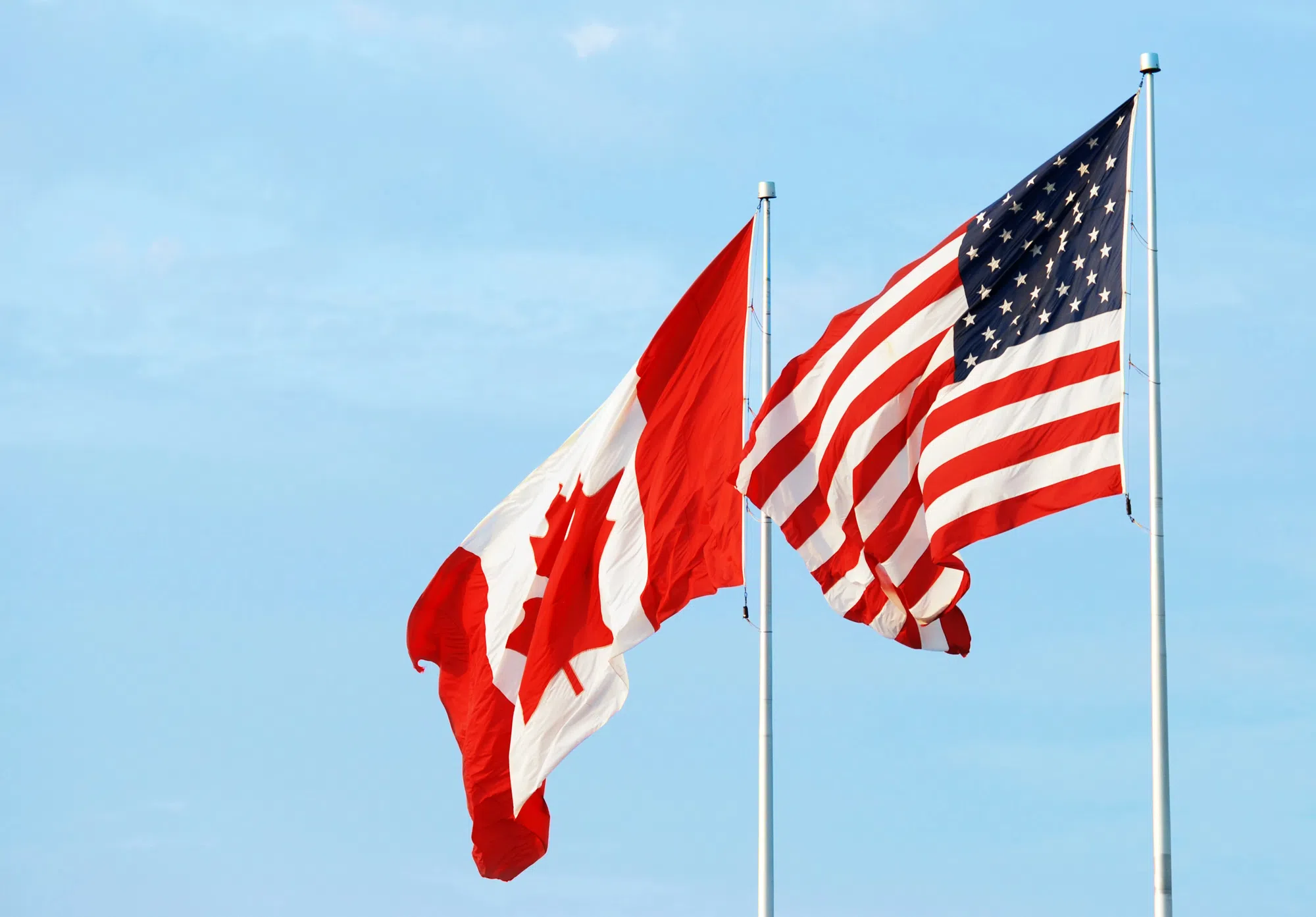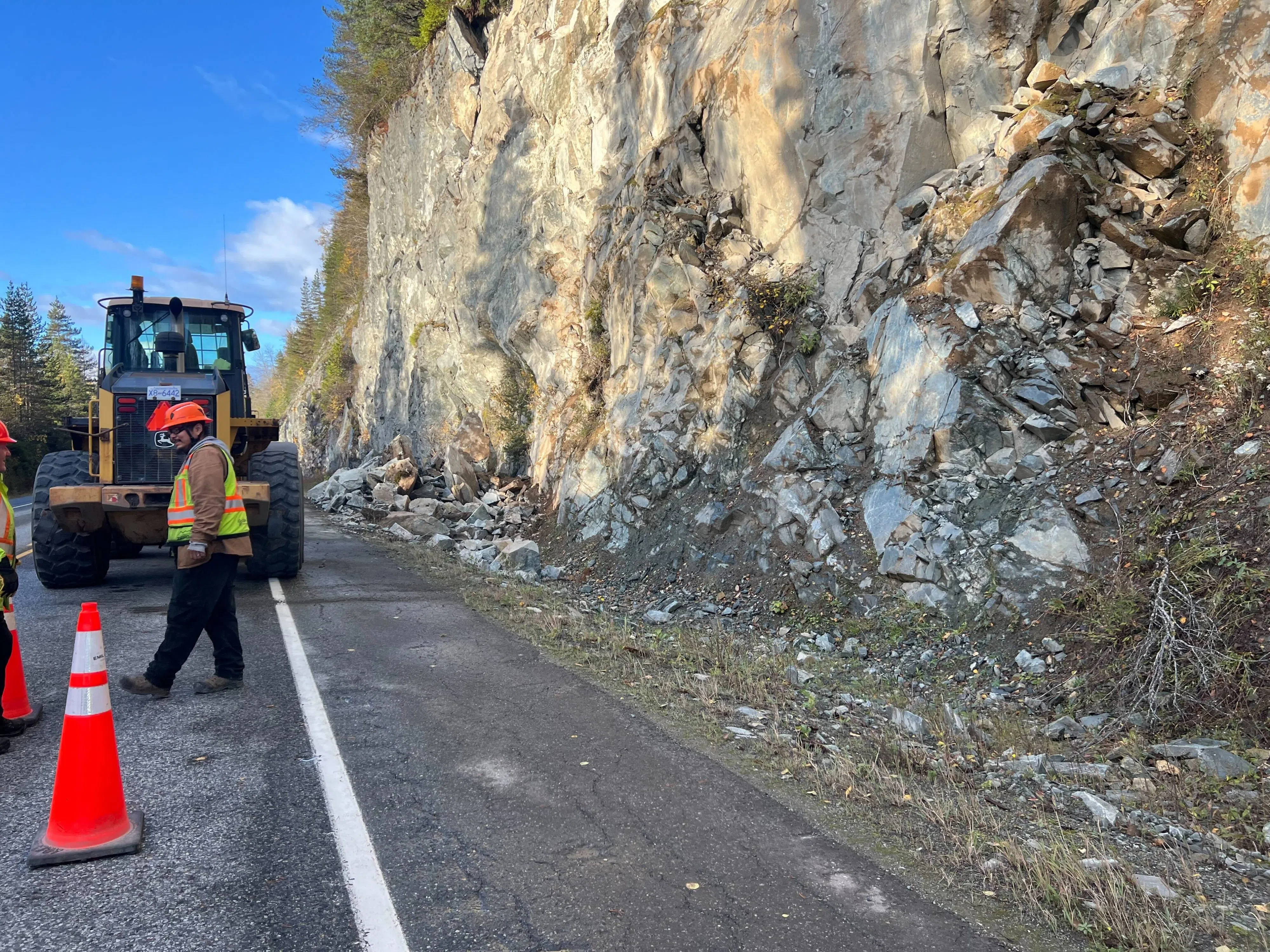British Columbians are crossing the U.S. border far less often than they did last year. According to new data, personal vehicle crossings at the four major Lower Mainland border points fell nearly 31 percent in June compared to the same month in 2024. Cars with B.C. plates saw an even sharper drop of 42.8 percent, continuing a steep decline that began in February. Cross-border traffic had actually been up in January, but a combination of economic and political factors may have turned things around.
Air travel to the U.S. is also falling. Vancouver International Airport recorded a 9.6 percent drop in U.S.-bound passengers in May. Overall airport traffic was slightly up, thanks in large part to a major jump in travel to Asia.
The shift in travel patterns may partly reflect growing nationalist sentiment in Canada, triggered by U.S. President Donald Trump’s tariff threats earlier this year. Though largely suspended, the tariffs sparked public backlash and may have dampened enthusiasm for American travel.
Meanwhile, Asia-Pacific travel is booming. Vancouver now has expanded air service to cities like Manila, Tokyo, and Shanghai. Visitors from China are up, while arrivals from India have dropped, and Air India has scaled back flights to Vancouver.










Comments